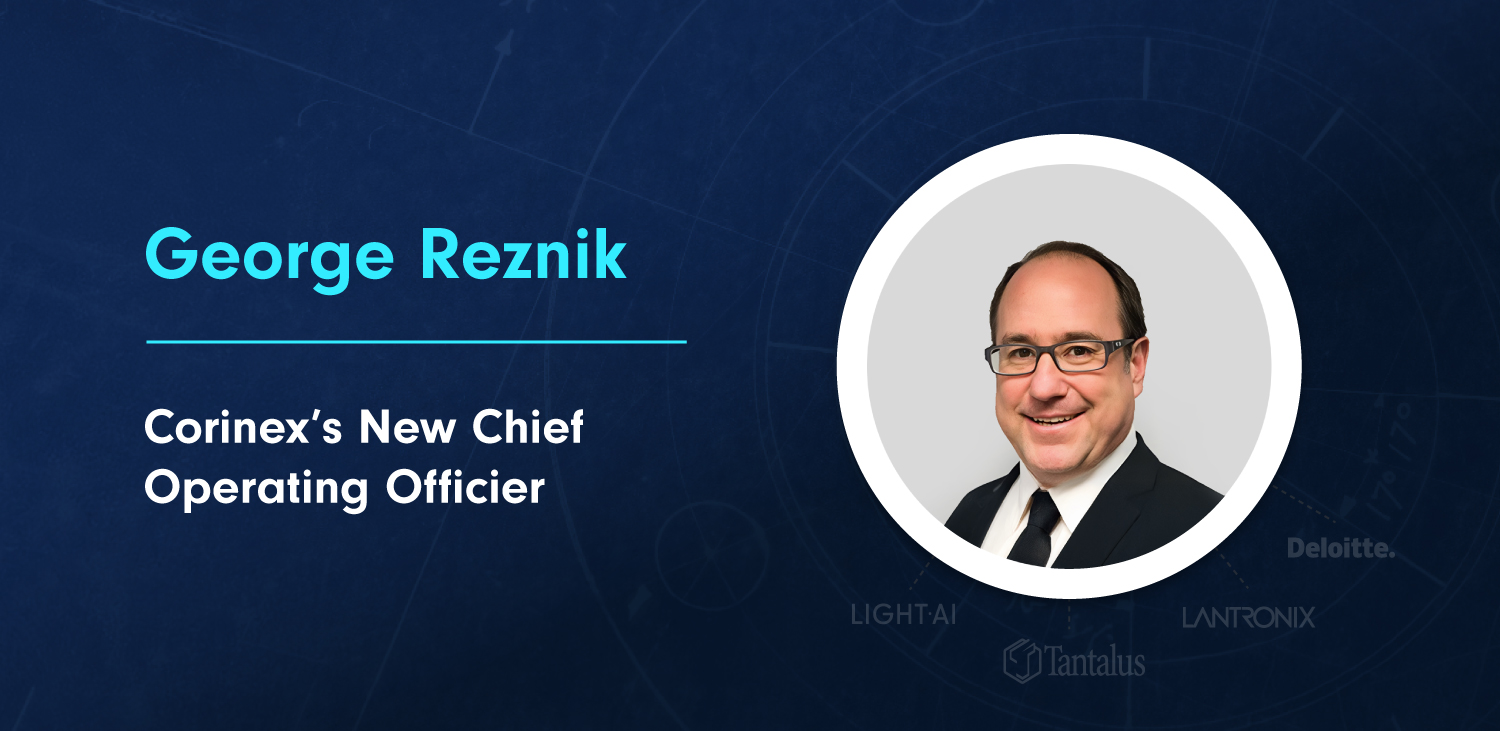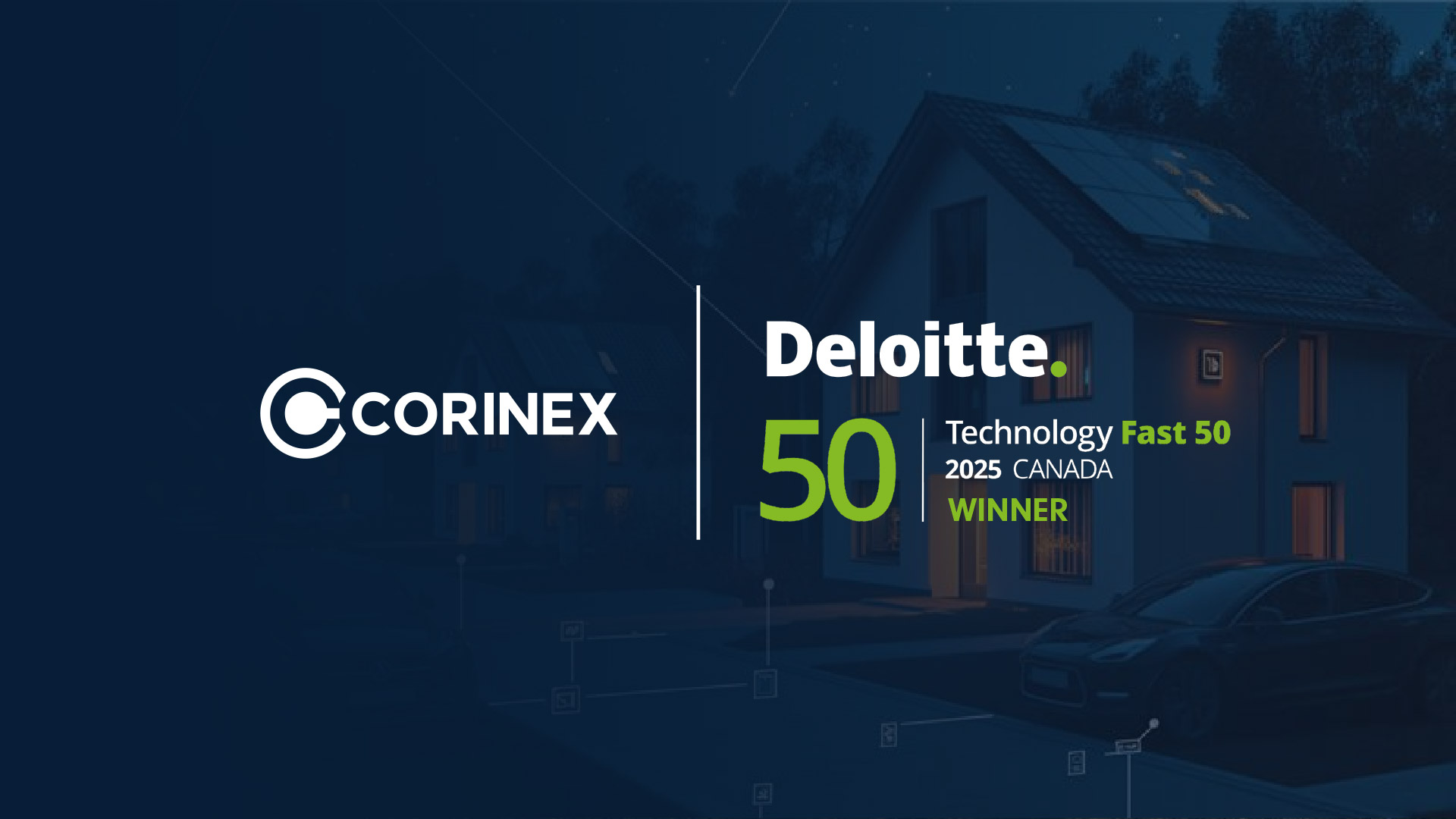Mckinsey report finds clean energy investment is the biggest tech trend

The McKinsey Technology Council's recent analysis highlights the significance of advanced technologies in 2022, including their development, potential applications, and impact on various industries. The report aims to identify the most crucial technology trends for companies to consider.
Technology remains a significant driving force of transformation across the globe. Technological advancements provide businesses, governments, and social organizations with greater opportunities to enhance their productivity, innovate and restructure their products, and contribute to the betterment of humanity. Although predicting the impact of technology trends can be challenging, business leaders can prepare for the future by keeping track of new technological developments, anticipating their applications, and comprehending the factors that influence innovation and adoption.


Technology remains a significant driving force of transformation across the globe. Technological advancements provide businesses, governments, and social organizations with greater opportunities to enhance their productivity, innovate and restructure their products, and contribute to the betterment of humanity. Although predicting the impact of technology trends can be challenging, business leaders can prepare for the future by keeping track of new technological developments, anticipating their applications, and comprehending the factors that influence innovation and adoption.

The future of clean energy
Energy solutions aimed at achieving net-zero emissions encompass the entire value chain, spanning from generation or production to storage and distribution. These increasingly critical solutions include renewable sources like solar and wind power, sustainable fuels such as hydrogen, long-duration battery systems, and smart grids. McKinsey projects a potential doubling of annual investments in energy supply and production by 2035, reaching approximately $1.5 trillion, with a growing emphasis on non-fossil and decarbonization technologies. This transition to clean energy will bring about significant transformations in both energy-producing and energy-intensive sectors. While challenges related to capacity and reliability may impede the widespread adoption of clean energy, increased capital expenditures and stronger regulatory support have the potential to accelerate its implementation.
The most noteworthy trend - Smart Grid & EV Charging
A smart grid refers to an advanced and intelligent electric-grid system that enables real-time monitoring, analysis, and management of the distribution grid, offering valuable insights and control capabilities. The trend indicates increasing AI applications across smart grids could leverage big data’s potential (eg, improving accuracy of demand predictions). Electric Vehicle Charging Infrastructure (EVCI) providers primarily differentiate themselves based on charging time and cost, which vary significantly. Charging times can range from approximately 8 hours to as little as 10 minutes, while prices for electric vehicle chargers vary from €7,500 to €110,000. The accessibility and efficiency of recharging electric vehicle (EV) batteries are enhanced by the presence of expansive station networks. The hardware components of Electric Vehicle Charging Infrastructure (EVCI) comprise grid and site electrical upgrades, on-site energy storage, and charging units. On the other hand, EVCI software and services encompass energy management, electrical installation, operations and maintenance, as well as customer applications.


The most noteworthy trend - Smart Grid & EV Charging
A smart grid refers to an advanced and intelligent electric-grid system that enables real-time monitoring, analysis, and management of the distribution grid, offering valuable insights and control capabilities. The trend indicates increasing AI applications across smart grids could leverage big data’s potential (eg, improving accuracy of demand predictions). Electric Vehicle Charging Infrastructure (EVCI) providers primarily differentiate themselves based on charging time and cost, which vary significantly. Charging times can range from approximately 8 hours to as little as 10 minutes, while prices for electric vehicle chargers vary from €7,500 to €110,000. The accessibility and efficiency of recharging electric vehicle (EV) batteries are enhanced by the presence of expansive station networks. The hardware components of Electric Vehicle Charging Infrastructure (EVCI) comprise grid and site electrical upgrades, on-site energy storage, and charging units. On the other hand, EVCI software and services encompass energy management, electrical installation, operations and maintenance, as well as customer applications.
About McKinsey & Company
McKinsey & Company is a global management consulting firm that serves leading businesses, governments, non-governmental organizations, and non-profits across various industries. The firm provides management consulting services, including strategy, operations, organization, digital, and analytics, to help clients achieve their goals and transform their organizations. With a presence in over 130 cities and 65 countries, McKinsey employs a diverse and talented team of consultants, analysts, researchers, and support staff to deliver impactful results for its clients. Founded in 1926 by James O. McKinsey, the firm is renowned for its rigorous problem-solving approach and commitment to driving sustainable, long-term value for its clients. Today, McKinsey continues to lead the way in innovative thinking and delivering transformative solutions to its clients.





